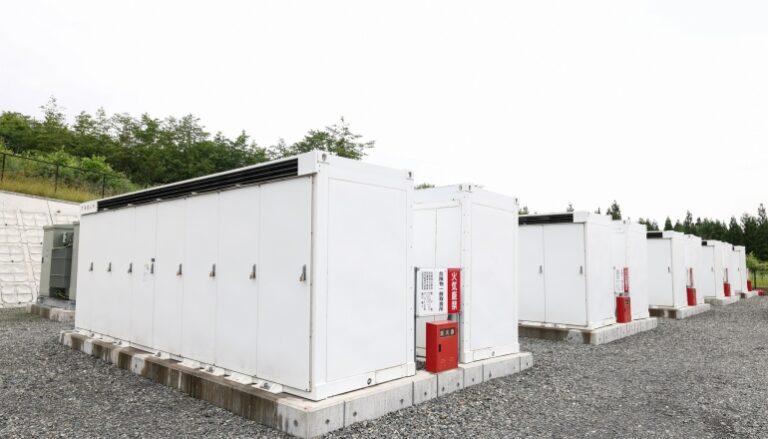Thailand’s Banpu Power eyes energy storage growth with strategic moves in Japan and the U.S. (Photo: Banpu Power)
Thailand’s energy major Banpu Power has announced plans to establish a battery energy storage system (BESS) facility in the United States, aiming to tap into the soaring power demand driven by data centers and artificial intelligence (AI) applications. This marks Banpu Power’s second international storage project, following its first in Japan.
Surging AI demand set to drive energy storage growth
CEO Issara Niropas said the global battery storage market is expanding rapidly amid the growing adoption of renewable energy, increased demand for grid stability, and energy security concerns. He confirmed the company has submitted its development proposal to the Electricity Reliability Council of Texas (ERCOT).
Though the project’s cost remains undisclosed, he noted that the initiative may benefit from government subsidy programs targeting the storage sector.
In June, Banpu Power officially launched its 58MW storage project in Tono City, Iwate Prefecture, Japan, a system capable of powering 5,800 households. Company executives stated at the time that Banpu would continue to deepen its presence in Japan while exploring opportunities across other Asia-Pacific markets.

Issara Niropas noted that the global battery storage market is growing rapidly, and Banpu Power is actively expanding its energy storage business in the United States. (Photo: Banpu Power)
LG Energy Solution to supply Tesla with LFP storage batteries
South Korea’s LG Energy Solution (LGES) is also ramping up its storage battery business in the U.S., reportedly securing a major order from electric vehicle giant Tesla.
Though LGES has not named the client, and Tesla has yet to confirm, sources cited by Reuters say the deal involves supplying lithium iron phosphate (LFP) batteries from LGES’s Michigan facility, a move seen as part of Tesla’s efforts to reduce its reliance on Chinese battery suppliers.
The agreement, reportedly worth $4.3 billion, would be one of the largest in LGES’s history and aligns with broader industry trends. U.S. tariffs on Chinese imports have driven up production costs for EV manufacturers, including Tesla, making non-Chinese supply chains increasingly attractive.
As EV demand softens under inflationary pressure and trade policy shifts, LGES is strategically repurposing portions of its EV battery lines to focus on energy storage. This positions the company as one of the few high-capacity LFP battery producers in the U.S., even though Chinese companies still dominate the global market.
According to Carbon Credits, while Tesla aims to begin LFP battery production in Nevada by the end of this year, the output is expected to fall short of meeting its full corporate demand. LGES’s additional capacity offers Tesla a critical alternative that aligns with U.S. policy preferences to reduce dependence on China.
Source: Bangkok Post(1), (2), Carbon Credits
.jpg)
